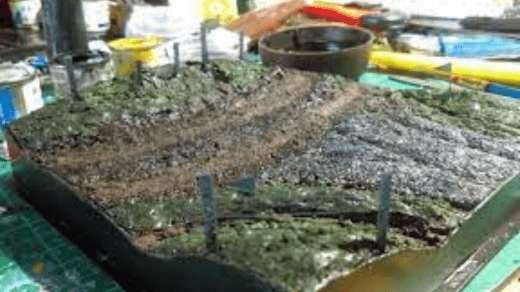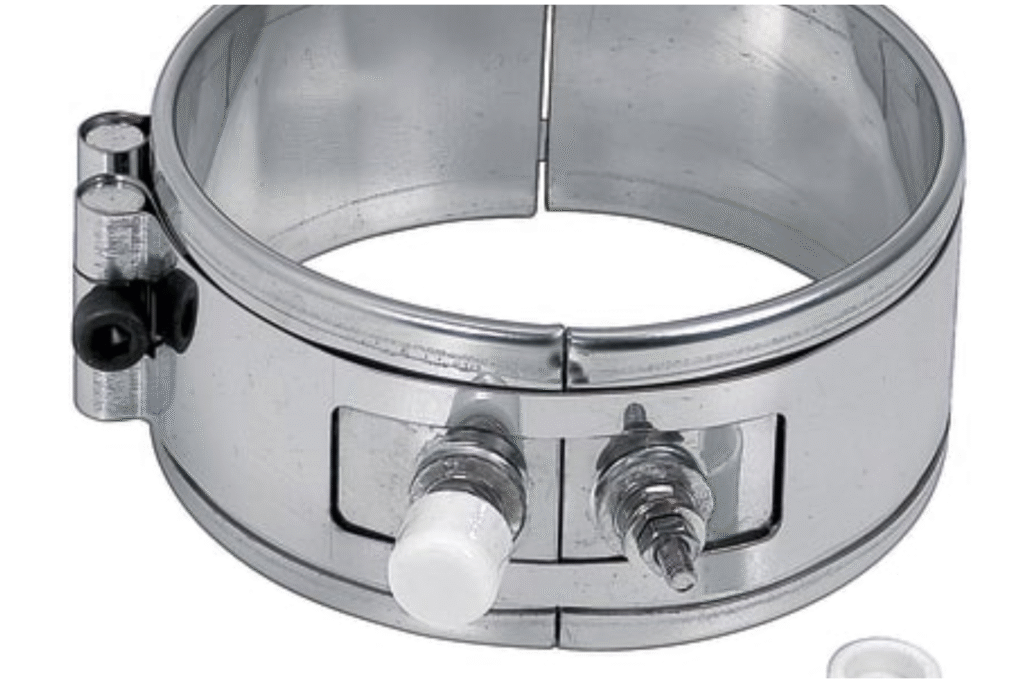
Dirt glue, also known as soil stabilizer or dust control agent, is a product used to bind loose soil particles together, reduce dust, and improve soil stability. You can make a basic version of dirt glue using common household ingredients. Here’s how to make a simple dirt glue:
Ingredients:
- White vinegar
- Water
- Sugar (optional)
- Dish soap (optional)
Instructions:
- Mixing the Solution:
- In a large container or bucket, combine equal parts white vinegar and water. Start with a 1:1 ratio (for example, 1 cup of vinegar and 1 cup of water).
- Optional Additives:
- If you want to improve the adhesion properties of the mixture, you can add a small amount of sugar (about 1 tablespoon per cup of the liquid mixture). The sugar acts as a sticky agent.
- You can also add a few drops of dish soap to the mixture to help it adhere better to the soil.
- Stir Well:
- Mix the ingredients thoroughly to ensure they are well combined.
- Application:
- Transfer the mixture to a spray bottle or a garden sprayer for easy application.
- Spray on Loose Soil:
- Spray the dirt glue mixture evenly over the loose soil or the area you want to stabilize. Make sure to cover the entire surface that needs treatment.
- Allow to Dry:
- Allow the treated soil to air dry completely. This may take several hours or even a day, depending on the weather conditions.
- Reapply as Needed:
- Depending on the level of soil stabilization you desire and the soil’s conditions, you may need to reapply the dirt glue periodically.
Please note that this homemade dirt glue may not be as effective or long-lasting as commercial soil stabilizers. Commercial products are designed specifically for soil stabilization and may provide better results, especially for larger or more critical projects. Additionally, the effectiveness of homemade dirt glue may vary depending on the type of soil and weather conditions.
Before using any soil stabilizer, it’s essential to check local regulations and environmental considerations, as some areas may have restrictions on the use of such products.



